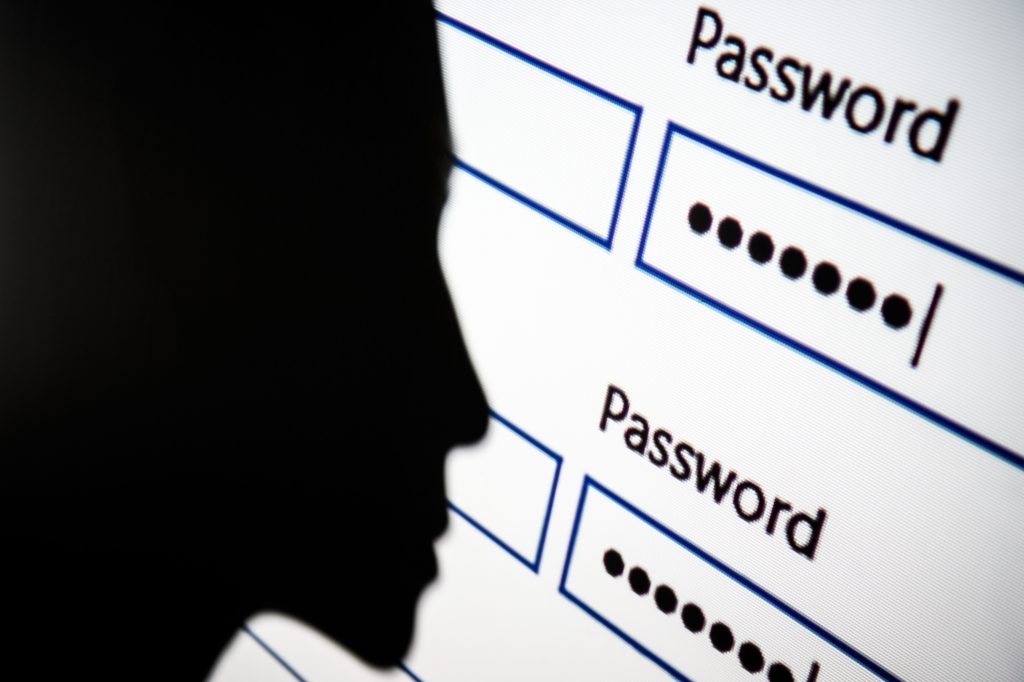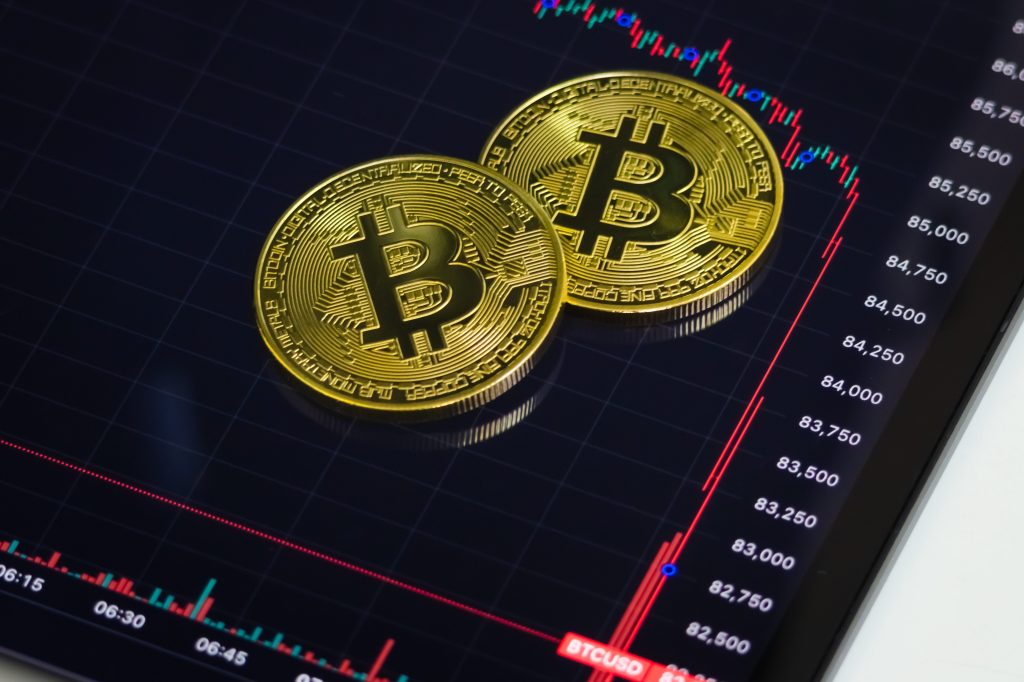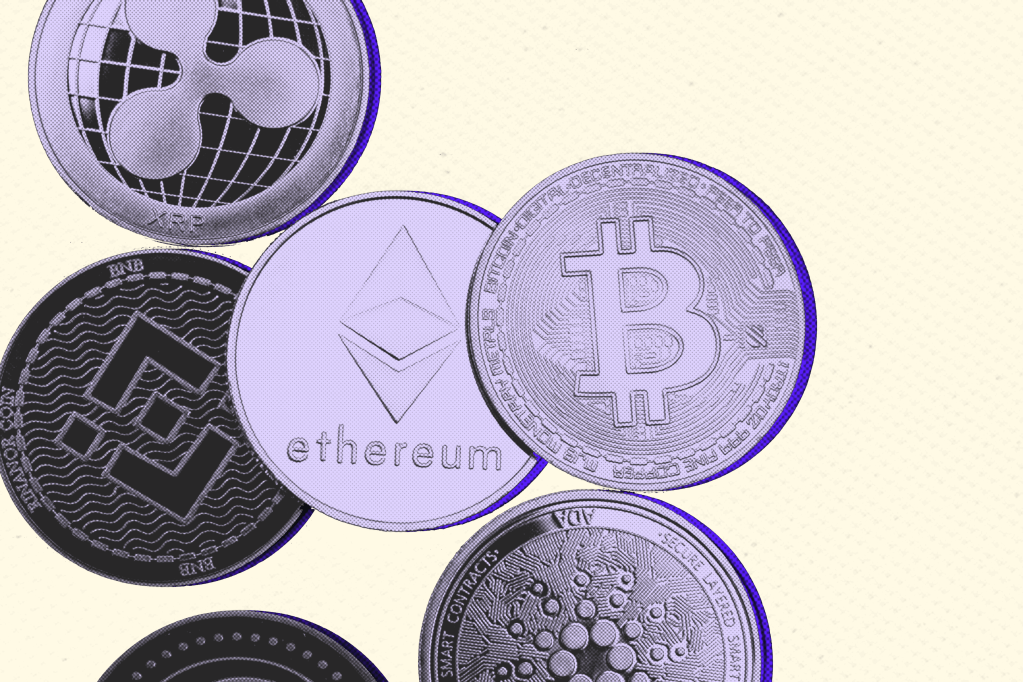The Financial Times has published an interesting article about the rise and the future of stablecoins, and their interaction with and impact on the general global economy and financial market.
According to the author, the digital assets are creeping their way into traditional markets and that is not a good
Register for free to keep reading
To continue reading this article and unlock full access to GRIP, register now. You’ll enjoy free access to all content until our subscription service launches in early 2026.
- Unlimited access to industry insights
- Stay on top of key rules and regulatory changes with our Rules Navigator
- Ad-free experience with no distractions
- Regular podcasts from trusted external experts
- Fresh compliance and regulatory content every day












